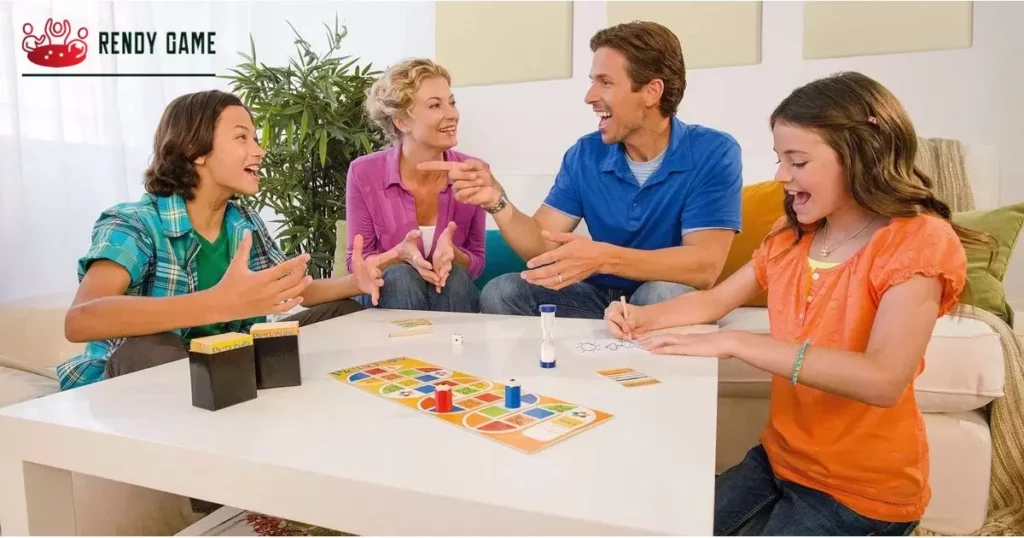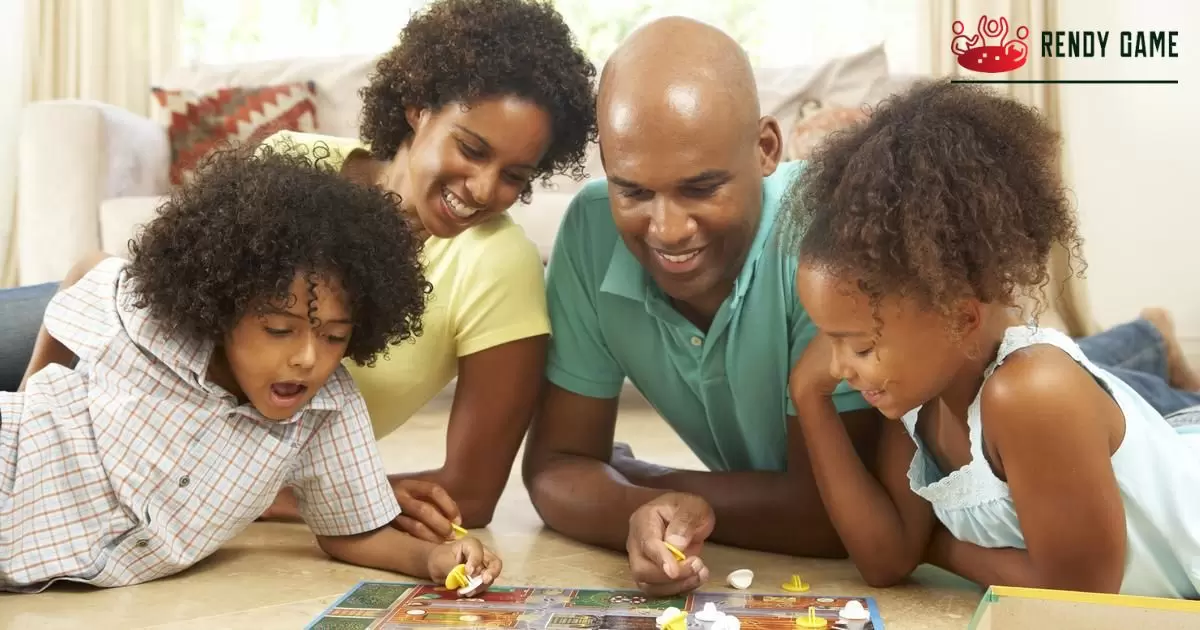A family board game is a type of tabletop game designed for players of all ages within a family. It typically involves elements of strategy, competition, and entertainment, and it is intended to be enjoyed by family members playing together. These games often feature simple rules and are designed to foster interaction and quality time among family members.
Do you really know your family board game? Beyond just rolling dice and moving pieces, there’s a hidden world to these beloved games. Whether it’s the history, the strategy, or the quirky trivia, delving deeper into your family board games can add a new layer of enjoyment and connection to your family game nights. So, how well do you truly know the games you’ve been playing for years?
Knowing your family board game goes beyond the basic rules and objectives. It involves understanding the game’s origins, learning about different strategies to improve your gameplay, and uncovering fun facts and anecdotes related to the game. By exploring these aspects, you can enhance your appreciation for your favorite family board games and create memorable moments with your loved ones during game nights.
Definition of a Family Board Game
Before we embark on our journey to uncover the hidden aspects of family board games, let’s start with a clear definition. Family board games are tabletop games designed for players of all ages within a family setting. They are characterized by simple rules, entertainment value, and the intention to foster interaction among family members.
The Importance of Understanding Your Family Board Game
In the fast-paced digital age, family board games offer a unique opportunity for face-to-face interaction and quality time spent with loved ones. The question remains. Do you really know your family board game?
It’s not just about rolling dice and moving pieces; it’s about exploring the game on a deeper level. By understanding the history, design, and strategies behind these games, you can elevate your family game nights to a new level of enjoyment and connection.
The Hidden World of Family Board Games

Family board games, with their origins dating back centuries, have a rich history that often goes unnoticed. They are more than just boxes on a shelf; they carry tales of innovation and tradition.
Exploring the History of Family Board Games
Family board games have been a part of human culture for centuries, with some games tracing their roots back to ancient civilizations. Learning about the history of these games not only adds depth to your knowledge but also offers a fascinating glimpse into the past. The table below showcases some classic family board games and their historical origins.
| Game | Origin |
| Chess | India, 6th century |
| Monopoly | United States, 1930s |
| Scrabble | United States, 1938 |
| Go | China, over 2,500 years old |
| Risk | France, 1957 |
| Candy Land | United States, 1949 |
Understanding the Design and Strategy Behind the Games
Every family board game has a unique design and set of rules that make it special. Understanding these designs and the strategies they offer can significantly enhance your gameplay.
Uncovering Interesting Trivia and Anecdotes
Beyond the rules and strategies, there are often fascinating tidbits of information and anecdotes associated with family board games. These stories can add a layer of intrigue to your gaming experience.
The Benefits of Knowing Your Family Board Game
Why should you invest your time in getting to know your family board games better? The answer lies in the many benefits that come with a deeper understanding of these games.
Strengthening Family Bonds and Creating Memorable Experiences
Family board games have a unique ability to bring people together. They provide a shared experience that promotes bonding, laughter, and the creation of cherished memories.
Enhancing Gameplay and Strategy
When you understand the intricacies of a game, you can develop advanced strategies that make the gameplay more exciting and competitive.
Fostering a Deeper Appreciation for the Games
Knowing the history, design, and strategy behind your family board games can lead to a greater appreciation for the thought and creativity that goes into their creation.
How to Get to Know Your Family Board Game Better
Now that you understand the importance and benefits of delving into the world of family board games, let’s explore practical ways to get to know your favorite games better.
Researching the Game’s History and Origins
Start by researching the history and origins of your family board game. Understanding the game’s journey through time can provide you with a fresh perspective and appreciation for it.
Learning Advanced Strategies and Tactics
Once you’ve grasped the basic rules, consider diving deeper into the strategies and tactics that can improve your gameplay. Every game has nuances waiting to be discovered.
Sharing Fun Facts and Stories During Game Nights
In some cases, two or more players might have their last pegs reach the finish line simultaneously. In such situations, the player who rolled the exact number to enter the home column wins. If a tie still exists, those players share the victory.
When discussing the worth of old board games, you can make your family game nights more exciting by sharing the fun facts and anecdotes you’ve learned about your chosen games.
FAQs
What are some popular family board games?
Popular family board games include Monopoly, Scrabble, Clue, and Settlers of Catan.
How can I choose the right family board game for my group?
Consider the number of players, age range, and preferences to select a suitable game.
What’s the key to a successful family game night?
Clear rules, patience, and good sportsmanship make for a fun family game night.
Where can I find vintage or rare family board games for collectors?
You can search for vintage games in specialty stores, online marketplaces, or board game conventions.
What’s the best way to store and preserve my family board games?
Store them in a cool, dry place, preferably in protective sleeves or boxes to prevent wear and tear.
Conclusion
Family board games are more than just a source of entertainment; they are a gateway to shared experiences, learning, and connection. By asking, Do you really know your family board game? Taking the time to explore the hidden world of these games.
You can transform your family game nights into a memorable journey of discovery and togetherness. So, the next time you gather around the table for a game, remember that there’s a lot more to explore in those familiar boxes, waiting to be unveiled.

